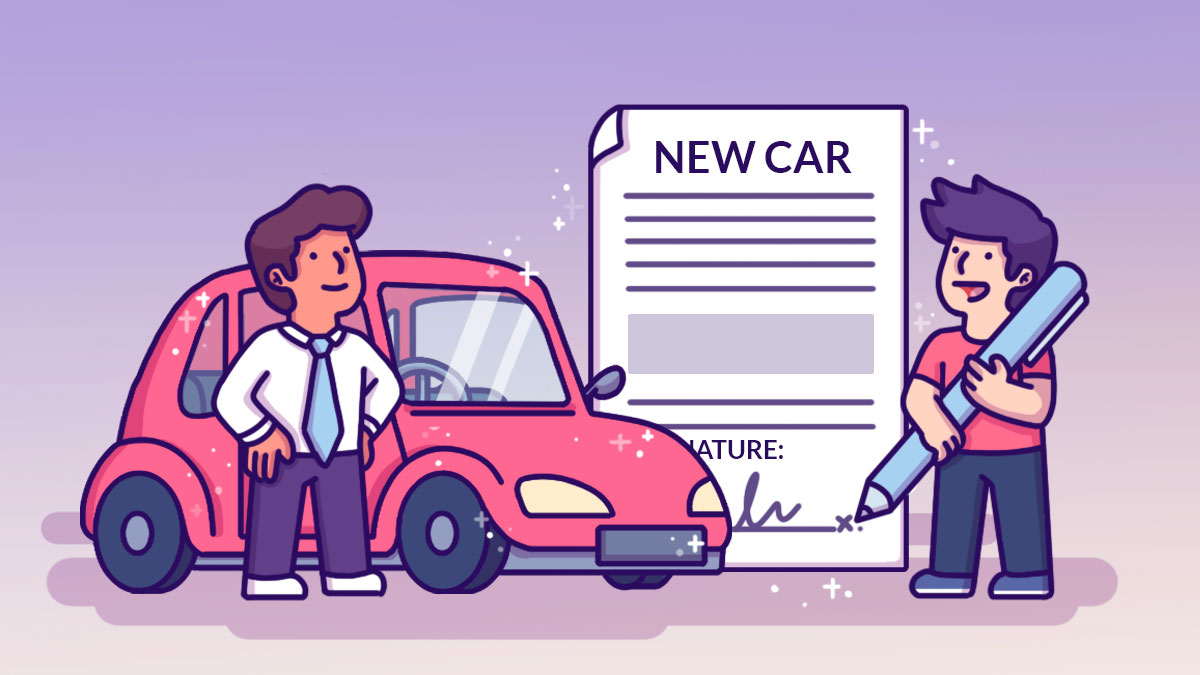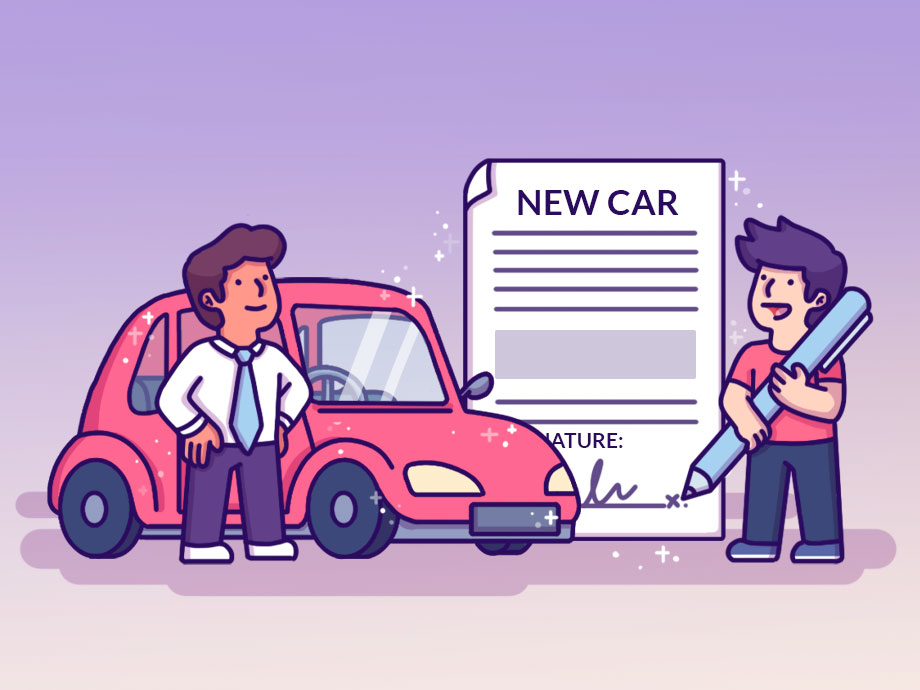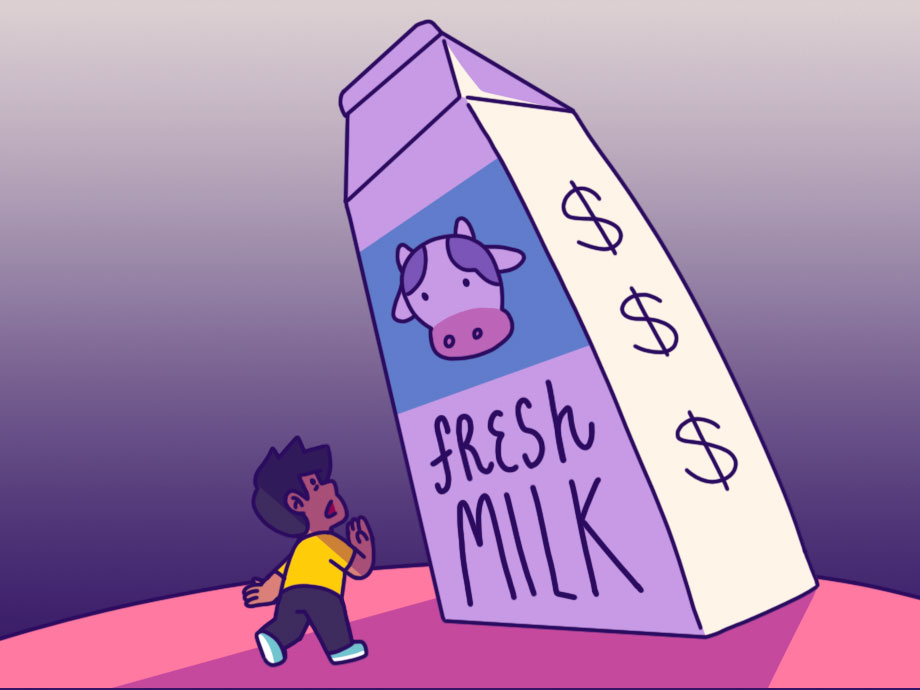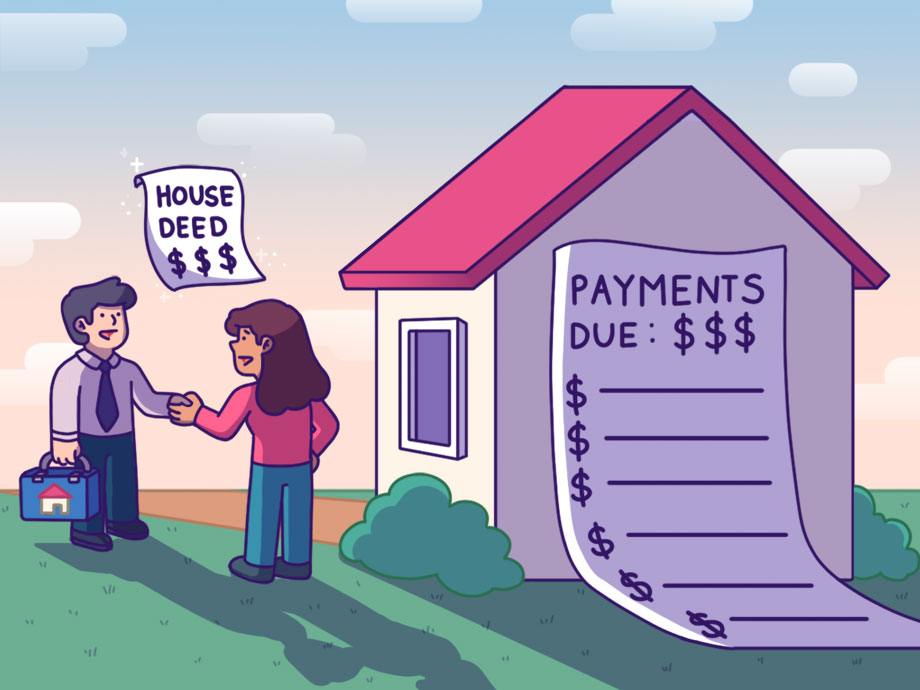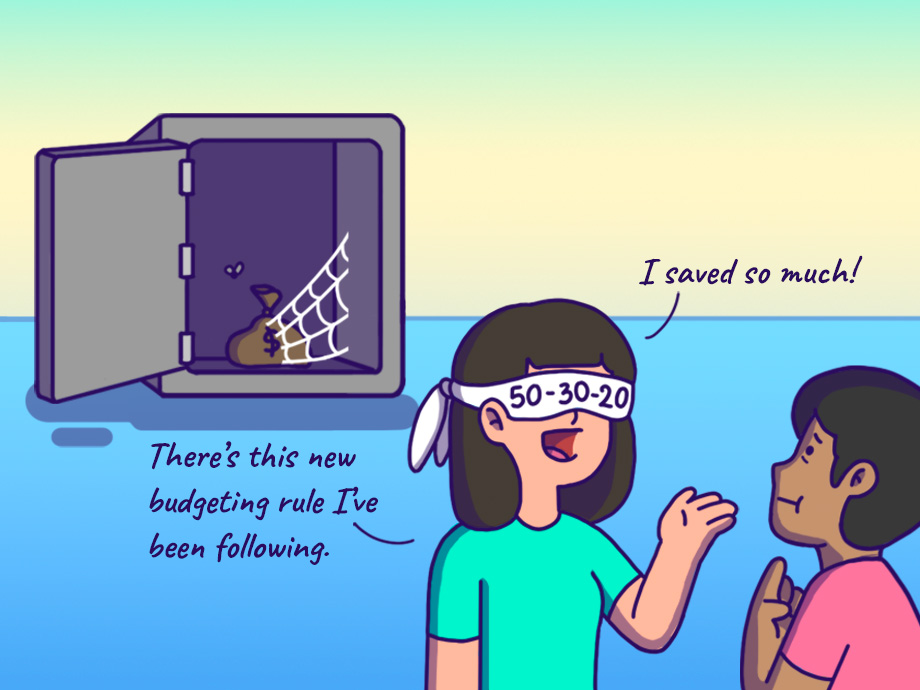Budgeting | Financial Planning | Personal Finance | Article
11 Ways To Make Your Petrol Last Longer For More Savings
by Ooi May Sim | 5 Jul 2022 | 6 mins read
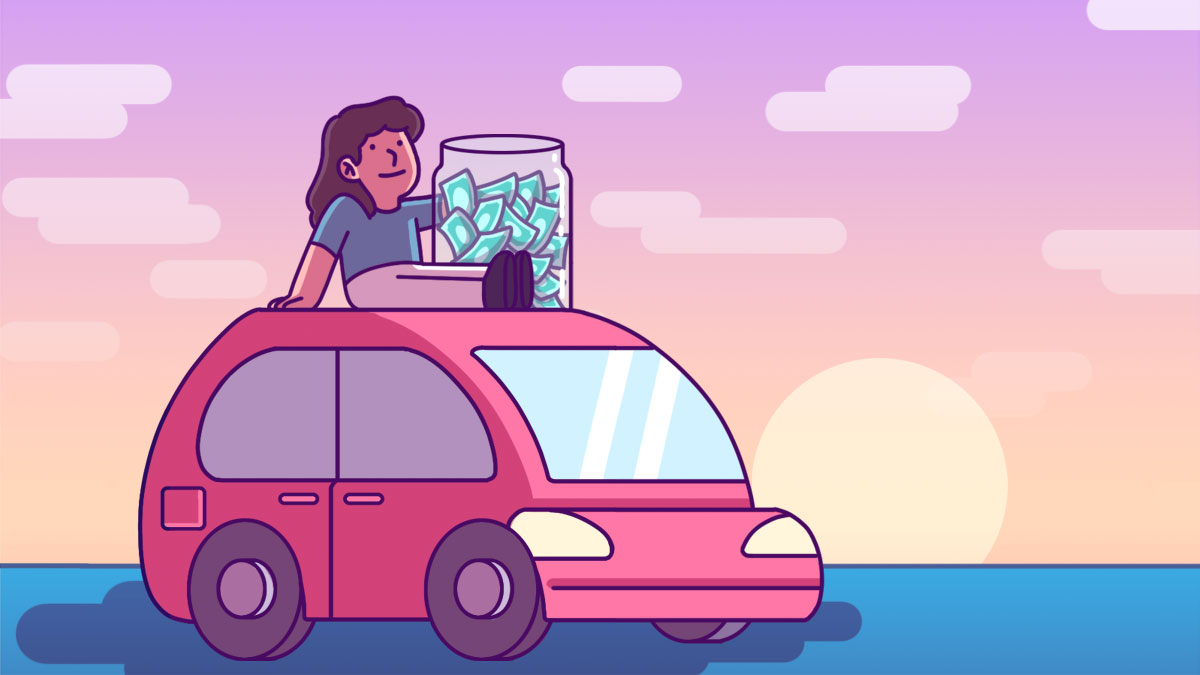
Owning and operating a car these days is expensive. But as most of us are not fortunate enough to live within walking distance to our office, a supermarket, school, and the like, having a vehicle to ferry us around is a necessity.
And so, we endure the monthly loan payments, insurance fees, maintenance charges and the ever-increasing petrol prices that seem to go up every few years. Hence, travelling expenses make up a sizable chunk of our budget. In fact, the Department of Statistics estimates that Malaysians (in 2019) spend about 13.5% of their household income on transport.
But while there is not much help we can offer in terms of your loan repayment and insurance premiums, do you know that changing the way you drive and look after your car can save you hundreds of ringgit every year? From accelerating to idling and braking, here are some changes you can make for better fuel economy:
Modify your driving habits
1. Accelerate gently
Vehicles consume the most energy when they accelerate. For optimum fuel-efficiency, experts recommend that you take five seconds to accelerate your vehicle to 20 kilometres per hour (km/h) from a stationary position. If you are unsure about how fast to go, imagine that there is a cup of water on your dashboard, and your purpose is not to spill it.
2. Maintain a consistent speed
Every time you accelerate and deaccelerate, you expend more petrol. Tests have shown that varying your speed from 75km/h to 85km/h every 18 seconds for an hour can increase your fuel by 20%.
Stepping on your brakes also wastes forward momentum as you would need to step on the accelerator to get your car moving again. That is why traffic jams are a nightmare for petrol consumption.
When conditions permit, try cruising at a consistent speed throughout your journey.
3. Not speeding
As the law of physics goes: the faster a vehicle moves, the more energy it requires to maintain that speed. Most vehicles (cars, vans, pick-up trucks, and SUVs) are most fuel-efficient when they are travelling between 50km/h and 80km/h. Speeds above this use increasingly more petrol, the faster they go. Therefore, try to keep within this speed limit.
Keeping to the recommended speed limit also prevents you from getting that speeding ticket and minimises the risk of an accident. So, it’s a win all round!
4. Do not leave your engine idling
If you are in a drive-thru or waiting for a passenger, turn off your engine. Leaving your car idle wastes tons of petrol, and releases unnecessary carbon emissions. Estimates show that for every two minutes a car is left idle, it uses the same amount of petrol it needs to travel 1.5km.
Related
Car maintenance
1. Tire pressure and alignment
Findings show that under inflating your tires by 10% increases petrol consumption by 2%. On top of that, driving around with under inflated tires can be dangerous as well! It affects handling, plus, as contact between your tire and the road is higher than it should be, friction increases. This leads to overheating which can result in tires wearing out faster than normal or bursting while you are driving.
To overcome this, check you tire pressure every month. There is a label plastered on the inside of the driver’s door (open the car door and you will see it) that indicates the recommended pressure for all four tires for optimum performance. This is indicated in pound per square inch (psi), so follow those readings when you pump your tires at a petrol station.
Also check on your wheel alignment. Misaligned tires cause uneven tire wear and poor traction, which leads to drag. This can decrease fuel efficiency by up to 10%, and it also wears out your tires faster, so you’ll have to change them sooner!
2. Service your car
Every time you service your car, you are ensuring that your vehicle is running in tip-top condition. This means replacing old engine oil, spark plugs that could be misfiring and clogged air filters.
Parts that are not functioning properly often affects the handling of the car, and fuel efficiency. Please send your car for servicing when it is due; you may also be increasing the lifespan of your car in the process.
Related
Other ways you can save on petrol
1. Drive less
The best way to reduce your petrol consumption is to drive less. Combine multiple errands together to reduce the number of trips you would have to make every month. You can also map out your route before leaving your house to minimise the likelihood of getting lost and having to drive around in circles.
For short distances, try cycling or walking. Or, learn public transport routes around your area and when the weather permits, opt for this instead of driving.
2. Carpool with colleagues
In 2019, a survey found that 87% of Malaysians residing in the Klang Valley drive to work alone. This is the highest percentage for single commuters in the world. Having a vast number of cars on the road contributes to traffic jams, which leads to higher petrol usage.
The solution – carpool! Find out which colleagues live near you and take turns driving to work. This way, you will save on petrol, parking and on toll. Plus, you will (hopefully) be less stressed if you get stuck in a traffic jam because time tends to pass faster when you have a buddy around.
3. Reduce air-conditioning (AC) consumption
If you thought your air-conditioning has nothing to do with petrol consumption, think again. Your car’s AC is said to increase fuel consumption by up to 20%, which is higher than any other feature in your car. The rate of consumption ranges according to the vehicle’s interior size and outdoor conditions.
To reduce consumption, use your AC sparingly. You can try turning it off at night when the weather is cooler. Or, on stuffy days, open your windows to let air circulate and cool your car. Although opening car windows is said to consume petrol as well because it increases drag, studies have shown that it still uses less petrol than an AC.
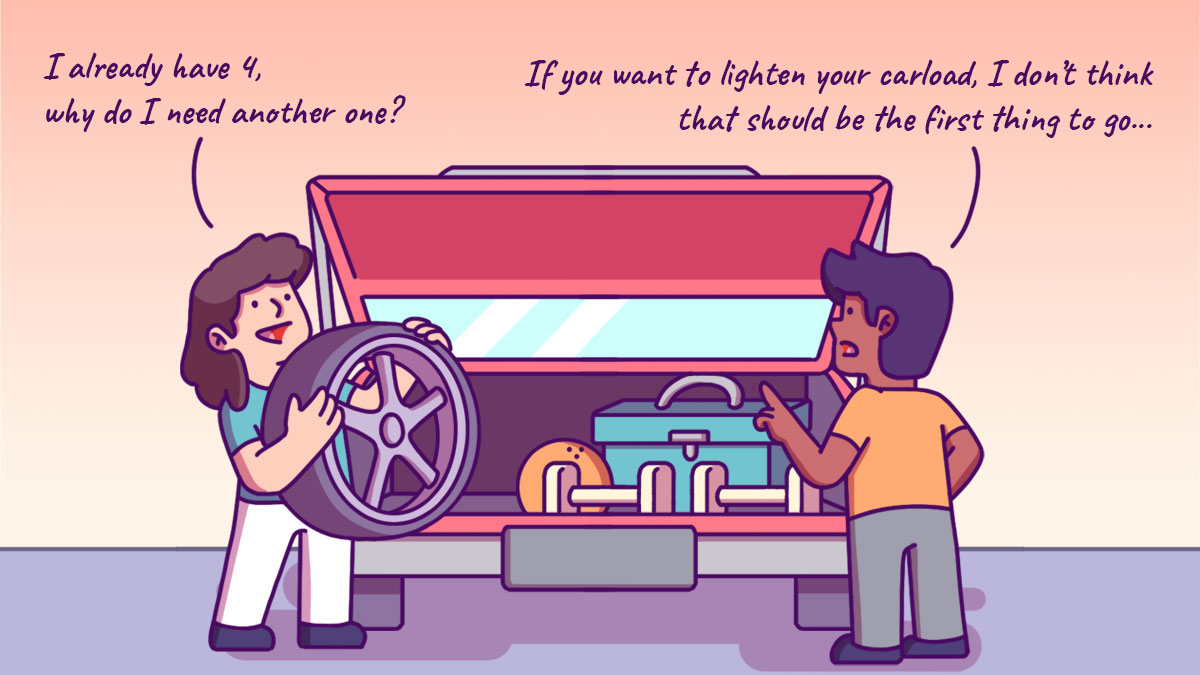
4. Carrying unnecessary load
The heavier the car, the more petrol it consumes to propel it forward. Carrying an extra 100 pounds can reduce fuel consumption by about 1%. So, remove unnecessary items from your car. And if you can, you should also distribute extra weight evenly across the car.
5. Get a loyalty card
No matter what we do, eventually, we would still need to pump petrol when the tank is empty. Many petrol stations have loyalty cards to reward their regular customers – make use of this! Some credit cards also offer rewards and cashback whenever you pump petrol.
Find a card that meets your needs and always try to pump from that same petrol company or using that same card to take advantage of the rewards.



